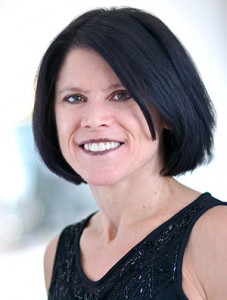
Preventing obesity in adults and children requires easy access to good food, healthy environments, and fun ways to be physically active. Acquiring those things can be difficult for anyone — especially families with young children. It’s even harder for low-income families. Now, a new study from the University of Minnesota School of Public Health reveals that neighborhood parks can be a great, inexpensive way for low-income families with preschoolers to get more exercise.
The study was published in the journal Preventive Medicine Reports.
“We know from previous research that the more time kids spend outdoors, the more physically active they are,” says the study’s lead author, Professor Simone French. “With that in mind, it’s important for communities to offer parents ways to get out there with their kids that are accessible to all economic levels.”
One free option for parents is neighborhood parks. To examine associations between neighborhood park use and physical activity, French and her colleagues surveyed 534 parents about their frequency of taking their child to the parks within walking distance of their home. The researchers also measured the physical activity of both the parent and the preschool child by having each of them wear a device called an accelerometer for a seven-day period to capture activity all day long. Their activity was measured and categorized as vigorous, moderate, and sedentary. The amount of time the child spent TV watching was also reported by the parent as another measure of the child’s sedentary time.
The study found that preschoolers who are taken to the park more frequently have less sedentary time overall, and watch less television on weekends.
On top of that, the analysis also showed the park visits were good for the parents as well, 75 percent of whom were classified as overweight or obese.
“I was pleasantly surprised to see that moderate physical activity levels were higher and sedentary behavior was lower among parents who took their kids to the parks more often,” says French. “So, it seems that encouraging parents to take kids to the park might actually help the parents be more active, too.”
French believes the results provide strong rationale for communities to invest in parks and recreational programs, which public health could play a role in promoting.
“We could create organized programs within neighborhood parks to draw people in and promotional campaigns to encourage park visits,” says French. “Especially programs for parents of preschool children that wouldn’t require them to find childcare.”
This research comes from the larger NET-Works (Now Everybody Together for Amazing and Healthy Kids) study, led by French. To continue the research, French is now tracking the families over a three-year period to see how their park use, activity levels, and behavior influence their health over time as well as examining other factors, such as neighborhood conditions and the benefits of an intervention program.
